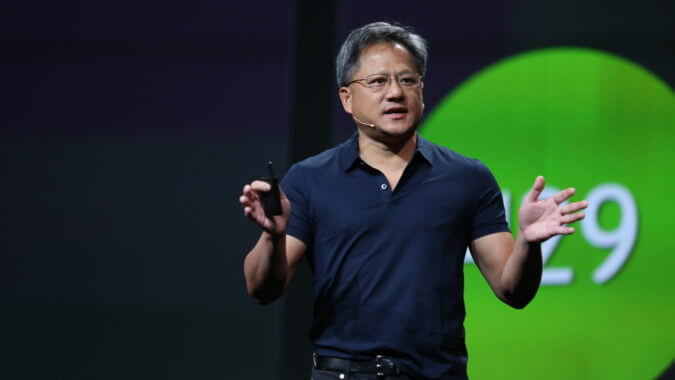1) So Apple has access to all the patents already by buying that forever license they got from an “architectural license”, and architecture licenses actually cost more than the generic arm cores like A76.
2)The architectural license allows Apple to modify their designs and not fully comply in a positive or negative with the instruction set, aka they can add or remove features, and since they also fully control the software stack with the OS, Apps, and compiler layers adding or removing features is easy for them. Yes it may stink for the developer for they will have to recompile apps but literally apple is the best of the business with this,
3) Buying arm is cheap on a physical money front or offering Apple shares. It may not be cheap in other domains such as a waste of technical talent and attention, anti-trust, etc. The people who are saying it is not worth Apples time are saying ARM is a distraction, it does not add security in a form of a moat, it does not add value to Apple, and it wastes time and energy where attentive talent need to be focused on two dozen other things.
I don't believe #2 is correct. As I understand it, architectural licensees must implement the full ARMv8 ISA. They have a choice whether to implement the optional portions of ARMv8. If they want to implement a point extension like ARMv8.6 it is all or nothing as far as the required portion of that point release, and all previous point releases. I doubt they can add any new instructions either - if they added a new instruction using an encoding that ARM used in a future addition to the ISA it would create big problems.
This isn't really a hassle, they have to implement ISA instructions/features that are mandatory but there is nothing that says they have to use them. Not being able to add instructions wouldn't be something they are likely to care about either, since if there is an instruction useful to them it is probably useful to others and Apple would be able to convince ARM to include it in a future point release of the ISA. I saw a claim elsewhere that the A14 implements ARMv8.6, whereas the A12 and A13 implement ARM8.4. If so, presumably there is something added in .6 that they consider important to them but they didn't care about what .5 brought to the table (at least not enough to include it in the A13)
For example, if Apple decided to implement SVE2 on the A14 and thus in all CPUs used in the Mac, their compiler would generate instructions to always use SVE2 and never generate NEON instructions. They would still have to implement NEON on Mac CPUs, but nothing says it would have to be a good implementation - they could do a space efficient (which implies not performance efficient) implementation if they so chose (but probably wouldn't, at least not anytime soon, given Apple's stated support for Macs to run iOS applications, some of which will make use of NEON)
The reason they were able to drop ARMv7 support from their CPUs entirely is because when ARM defined ARMv8 they said it could come in three forms. 1) full implementation of ARMv8 and ARMv7, 2) full implementation of ARMv8 and user mode only implementation of ARM7, and 3) full implementation of ARMv8 only.
Allowing licensees to pick and choose what they implement, or add their own stuff willy nilly is not in the long term interest of the ARM ISA. It would not only be bad for ARM, it would be bad for licensees as they'd see a fracturing of tools like compilers that would need to have switches to generate "Apple code" and "Nuvia code" and so forth instead of a switch for ARMv8 and maybe --feature-sve2 or whatever.






